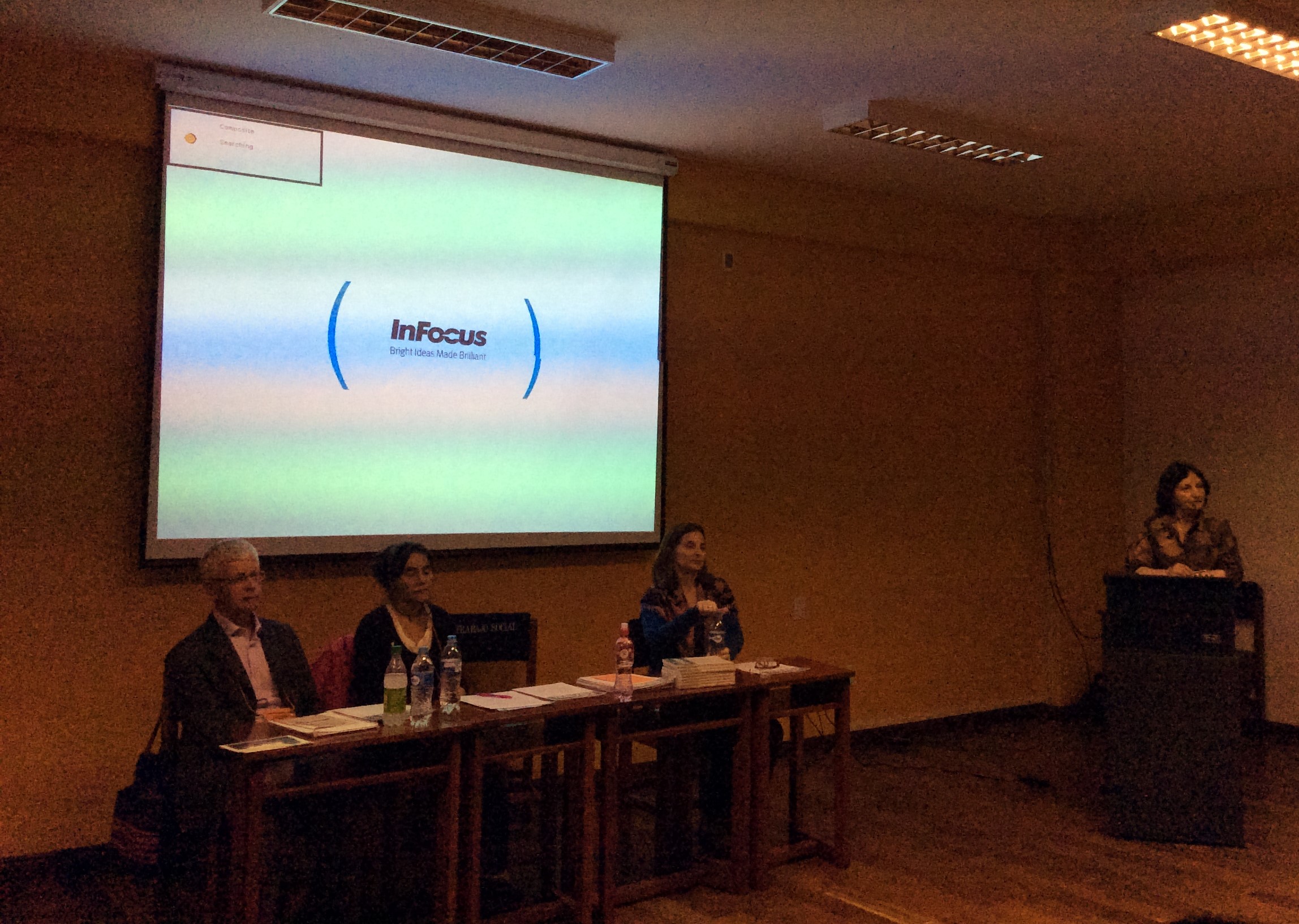The Recurring Appeal of Simplistic Victimhood and Slavery Images
Launch of Issue 7 of the Anti-Trafficking Review 'Trafficking Representations'
Trafficking prosecutions difficult and costly to all involved
Launch of Issue 6 of the Anti-Trafficking Review 'Prosecuting Human Trafficking', guest edited by Anne T. Gallagher
GAATW-IS statement on Amnesty International’s policy on sex work
28 May 2016
The International Secretariat of the Global Alliance Against Traffic in Women welcomes Amnesty International’s ‘Policy on State Obligations to Respect, Protect and Fulfil the Human Rights of Sex Workers’, developed after two years of in-depth research and consultations with sex workers and various other stakeholders.
GAATW was launched over twenty years ago in order to challenge the dominant discourse on trafficking as occurring exclusively in the sex industry and of the women in the sex industry as pitiful victims of exploitation. As feminists, we have stood in solidarity with women in both the formal and informal economy, including the sex industry, and have maintained that even in the most difficult situations, women demonstrate extraordinary power, agency and resilience. Sex workers’ struggle for rights is the same struggle as that of women, migrants and workers around the world.
Migration bans do not protect the rights of women, only push them into taking more risky options
Statement by the Global Alliance Against Traffic in Women on the occasion of International Women’s Day
Stringent border control has often been used as a measure to stop human trafficking and members of the Global Alliance Against Traffic in Women (GAATW) have raised their voices against such misguided, ineffective and discriminatory measures.
Today, on International Women’s Day, GAATW is calling for an end to restrictions placed on migration of women domestic workers in some parts of the world! These bans have been justified as a way to prevent trafficking, exploitation and abuse. Not surprisingly, such policies have made women vulnerable to abuse rather than making their migration safe. Instead, states need to empower women to exercise their rights by focusing on non-discrimination, access to education and training, protection of their citizens abroad and creation of more safe and legal migration opportunities.
Launch of Anti-Trafficking Review Issue 5 in Latin America
 Anti-Trafficking Review (ATR) Issue 5 'Forced Labor and Human Trafficking', guestedited by Nicola Piper and Marie Segrave, was presented and launched at the Fourth Latin-American Anti-Trafficking International Conference held in La Paz, Bolivia, from the 14 to 16 October. Andrea Querol, GAATW board member and executive director of the Peruvian member organisation CHS Alternativo, presented the journal and exemplified the issue with a case of labour exploitation in Peru related to the Ashaninka peoples. She also emphasised the importance of having conceptual clarity when talking about trafficking and how terminology affects political and legal responses.
Anti-Trafficking Review (ATR) Issue 5 'Forced Labor and Human Trafficking', guestedited by Nicola Piper and Marie Segrave, was presented and launched at the Fourth Latin-American Anti-Trafficking International Conference held in La Paz, Bolivia, from the 14 to 16 October. Andrea Querol, GAATW board member and executive director of the Peruvian member organisation CHS Alternativo, presented the journal and exemplified the issue with a case of labour exploitation in Peru related to the Ashaninka peoples. She also emphasised the importance of having conceptual clarity when talking about trafficking and how terminology affects political and legal responses.
Mike Dottridge, previous ATR guest editor and current member the Board of the Trustees of the UN Fund on Contemporary Forms of Slavery, shared specific details about ATR issue 5 and explained the importance of tackling human trafficking from a forced labor framework. With this launch, GAATW aimed to increase Latin-American voices in coming ATR issues.
The call for papers for the next issue, 'Trafficking Representations', is open until 8 January 2016.

